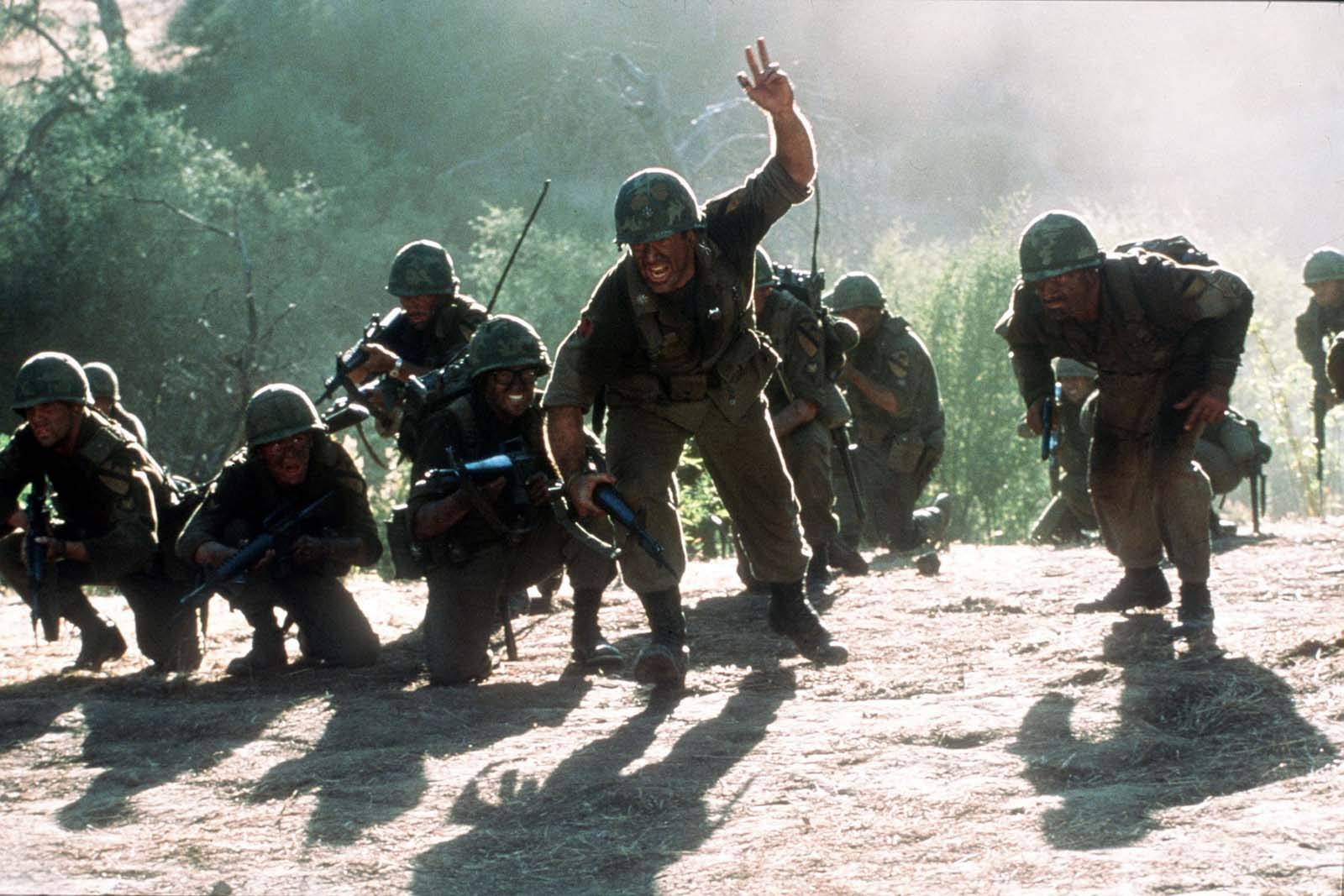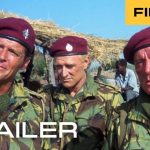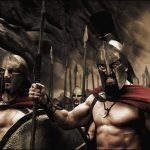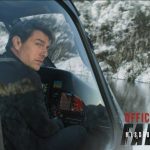We Were Soldiers (2002)

We Were Soldiers (2002), directed by Randall Wallace, is a compelling war film that chronicles the harrowing events of the Battle of Ia Drang during the early days of the Vietnam War. Adapted from the book We Were Soldiers Once… and Young by Harold G. Moore and Joseph L. Galloway, the film offers a poignant and immersive portrayal of combat, leadership, and the personal sacrifices made by soldiers and their families. With its powerful performances, realistic depiction of warfare, and emotional depth, We Were Soldiers stands as a significant contribution to the genre of war cinema.
The film is set in November 1965, focusing on the Battle of Ia Drang, one of the first major engagements between American forces and the North Vietnamese Army (NVA). The battle, which took place in the Ia Drang Valley, was a crucial confrontation early in the Vietnam War and set the tone for the brutal and protracted conflict that would follow.

The plot centers on Lieutenant Colonel Hal Moore (Mel Gibson), a decorated veteran of World War II and the Korean War, who is assigned to lead the 1st Battalion, 7th Cavalry Regiment, into battle. The film follows Moore and his men as they face overwhelming odds in the dense jungles of Vietnam, battling both the harsh environment and a determined enemy force. The narrative explores the challenges of leadership, the camaraderie among soldiers, and the impact of war on families.

The film features a strong ensemble cast, with Mel Gibson’s portrayal of Lieutenant Colonel Hal Moore being particularly notable. Gibson brings a depth of emotion and authenticity to the role, capturing Moore’s leadership qualities, determination, and vulnerability. Moore’s commitment to his men and his strategic acumen are depicted with nuance, highlighting both his strengths and the personal toll of his command.
A noteworthy aspect of Gibson’s performance is his ability to convey the moral and emotional complexities of leadership in combat. The film emphasizes Moore’s responsibility for his soldiers’ lives and the weight of the decisions he must make. Gibson’s portrayal of Moore as a leader who cares deeply for his men while grappling with the harsh realities of war adds significant emotional depth to the film.
The film also features strong performances from other cast members, including Madeleine Stowe as Julie Moore, Hal Moore’s wife. Stowe’s portrayal of Julie provides a poignant counterpoint to the battlefield scenes, highlighting the impact of war on soldiers’ families. Julie’s support and resilience in the face of uncertainty and fear add an emotional dimension to the story, underscoring the sacrifices made by those waiting at home.
We Were Soldiers explores several profound themes, including leadership, sacrifice, and the nature of warfare. One of the central themes is the nature of leadership in combat. The film delves into the complexities of commanding troops in a high-stress environment, illustrating the balance between strategic decision-making and the personal bonds formed between soldiers and their leaders.
The theme of sacrifice is also prominent throughout the film. The soldiers’ willingness to put their lives on the line for their comrades and their country is portrayed with respect and authenticity. The film highlights the personal costs of war, including the physical and emotional toll on soldiers and their families. The portrayal of the soldiers’ bravery and the sacrifices made by individuals and families adds a layer of emotional resonance to the narrative.
Another significant theme is the depiction of the camaraderie and brotherhood among soldiers. The film captures the strong bonds formed between the men of the 1st Battalion, 7th Cavalry Regiment, emphasizing the importance of trust and mutual support in the face of adversity. The soldiers’ interactions and their dedication to one another provide a poignant portrayal of the human side of warfare.

The cinematography of We Were Soldiers, led by Dean Semler, plays a crucial role in conveying the film’s gritty and realistic portrayal of combat. The film’s depiction of the battle scenes is intense and visceral, capturing the chaos and brutality of warfare. The use of practical effects, combined with the film’s detailed set designs and period-accurate costumes, enhances the authenticity of the portrayal.
The film’s depiction of the Vietnamese landscape, with its dense jungles and challenging terrain, adds to the sense of realism and immersion. The cinematography effectively conveys the difficulties faced by the soldiers, from the harsh environmental conditions to the tactical challenges of fighting an enemy in such a terrain.
The film’s score, composed by Joel McNeely, contributes to the emotional and dramatic impact of the narrative. The music blends orchestral elements with more subdued and reflective pieces, enhancing the film’s ability to evoke the various moods and themes of the story. The score’s use of music to underscore key moments, both on and off the battlefield, adds depth to the film’s emotional resonance.
We Were Soldiers received generally positive reviews from critics, who praised its realistic portrayal of combat and the strong performances of the cast. The film was recognized for its commitment to depicting the realities of war and the sacrifices made by soldiers and their families. While some critics noted that the film adhered to traditional war movie conventions, its emotional depth and authenticity were widely acknowledged.
The film’s portrayal of the Battle of Ia Drang and its focus on the personal stories of the soldiers and their families contributed to its impact and lasting legacy. We Were Soldiers is often cited as a significant entry in the genre of war cinema, offering a heartfelt and respectful depiction of the Vietnam War and the experiences of those who served.

In conclusion, We Were Soldiers is a powerful and moving film that offers a detailed and respectful portrayal of the Battle of Ia Drang and the broader experience of warfare. Through its strong performances, realistic depiction of combat, and exploration of themes such as leadership and sacrifice, the film provides a compelling and emotional narrative. Randall Wallace’s direction, combined with a talented cast and evocative score, ensures that We Were Soldiers remains a significant and influential work in the genre of war cinema.











